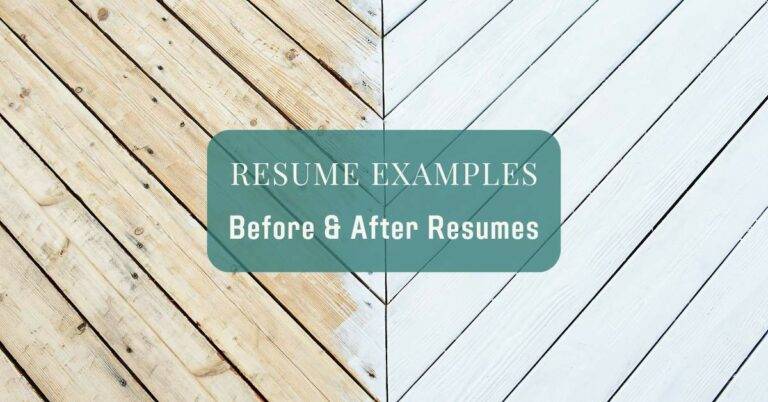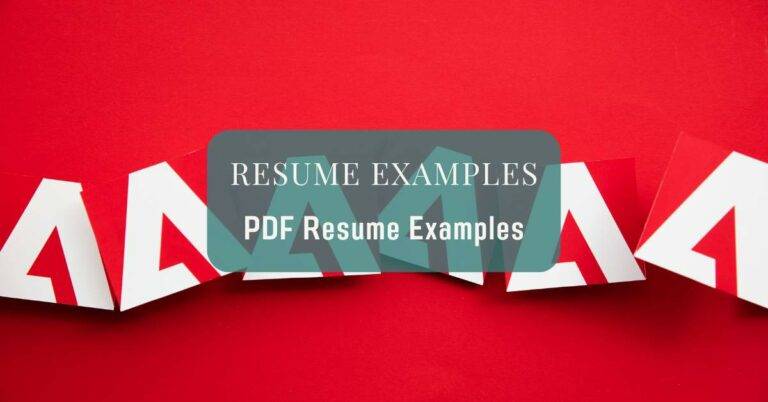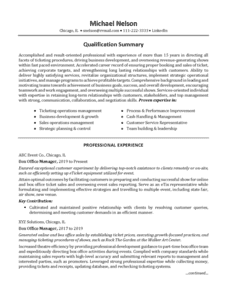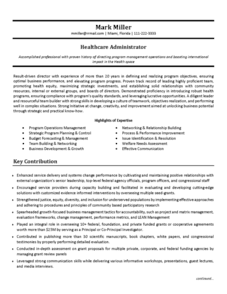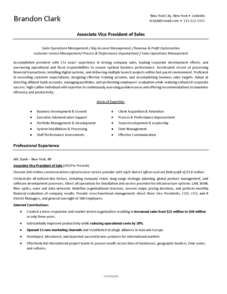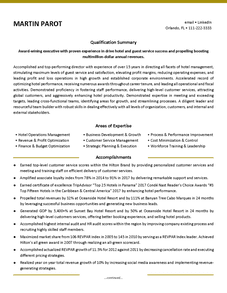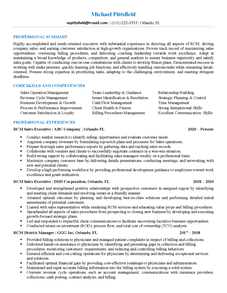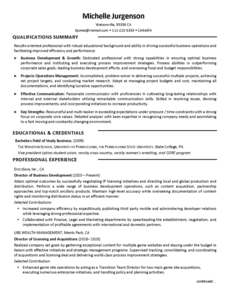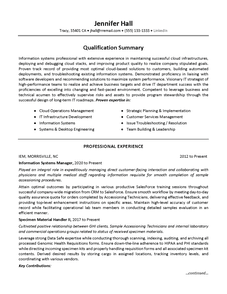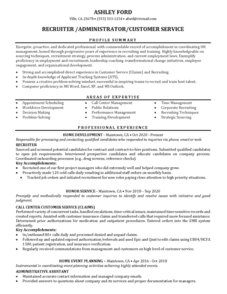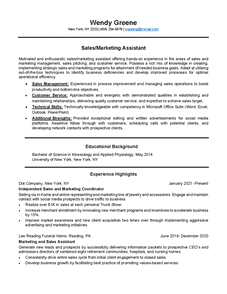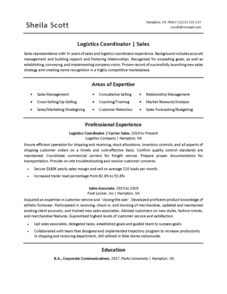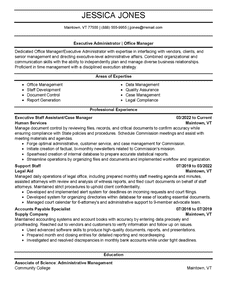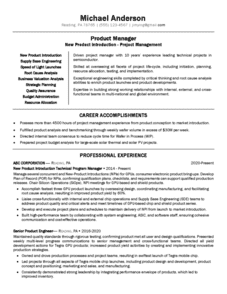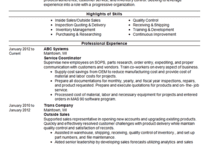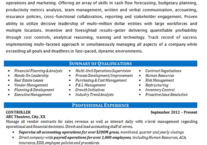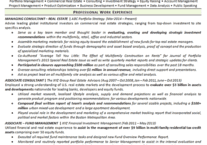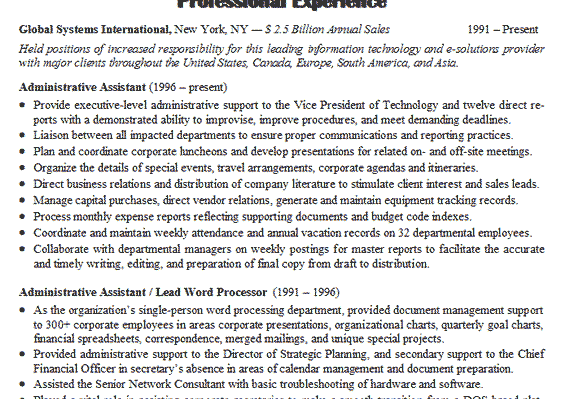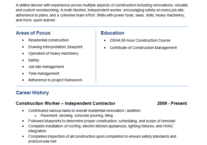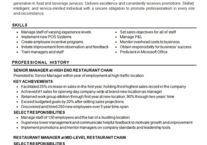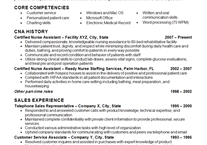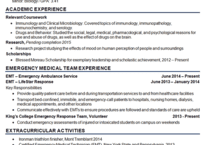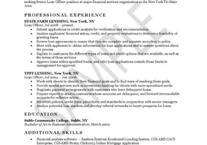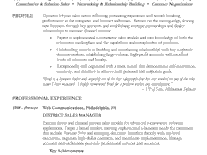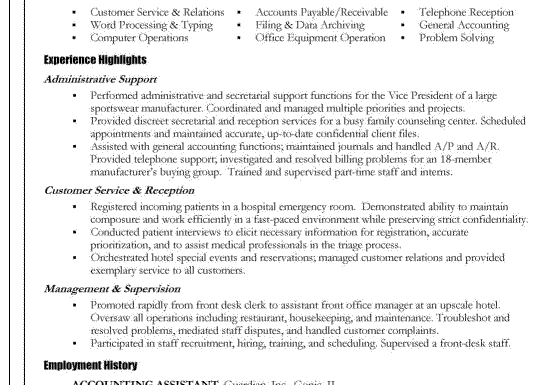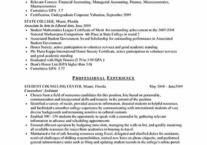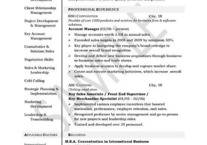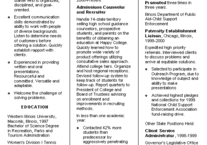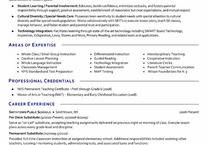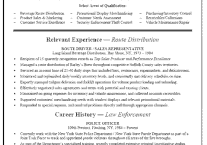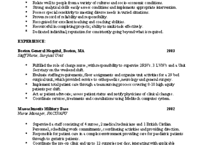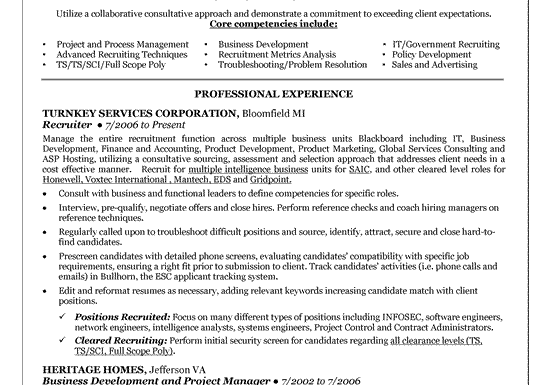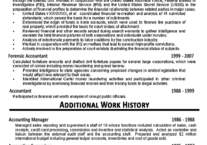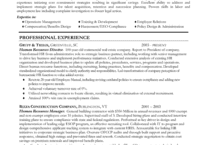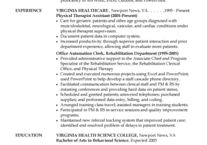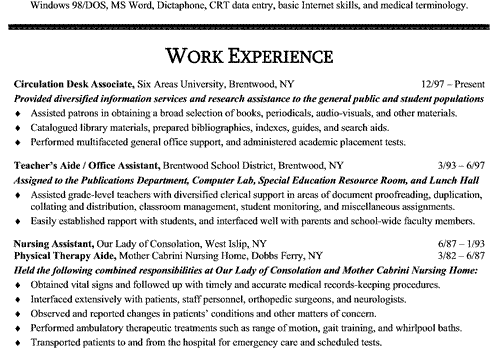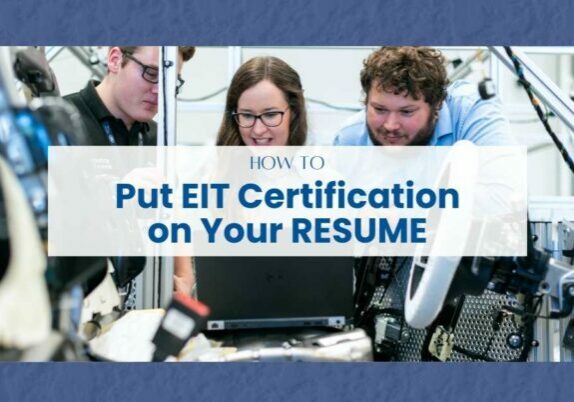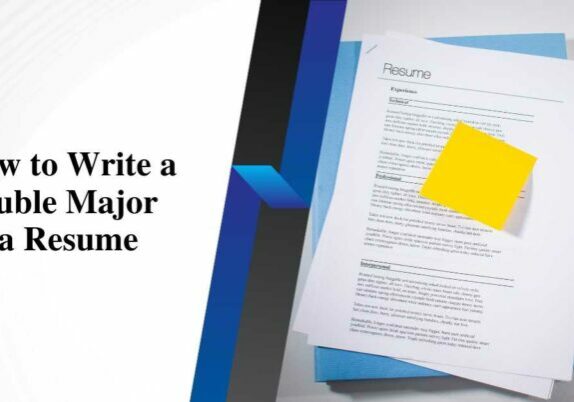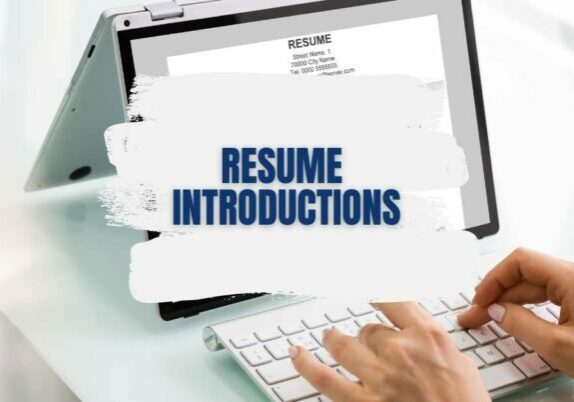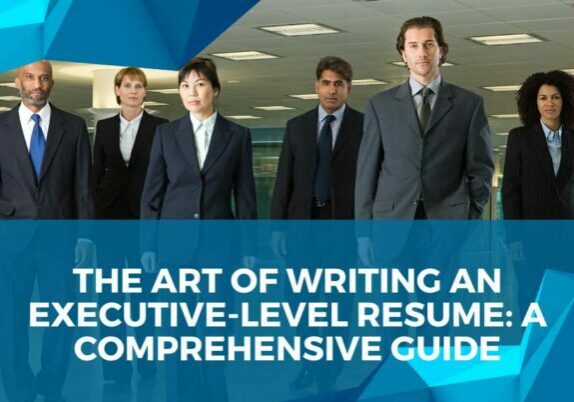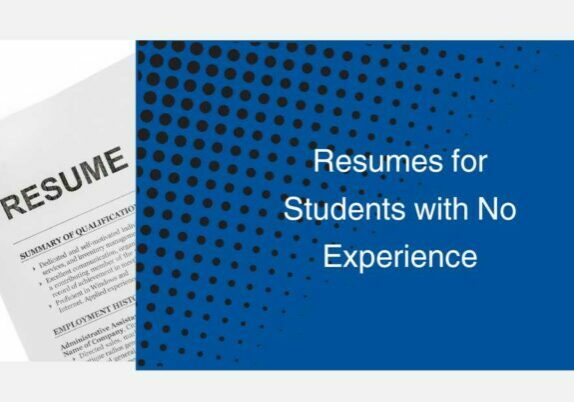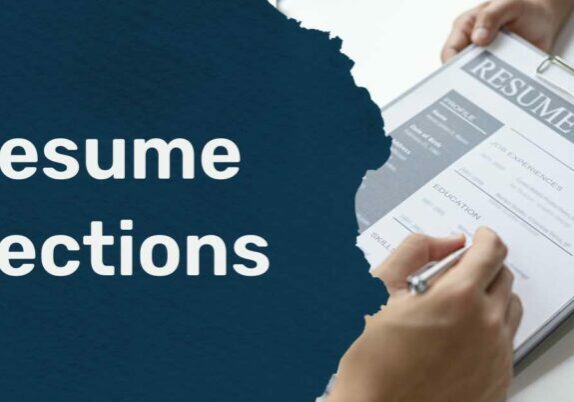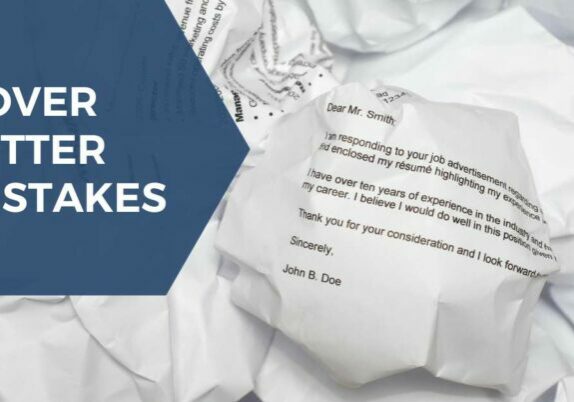Resume examples are a great way to help you build a resume, but not every example addresses common responsibilities. So, we created job descriptions for the most common jobs. With the help of these job descriptions, you will be able to improve the resume writing process.
Job Descriptions for Job Seekers
If you're a job seeker, the job descriptions on the web page can serve as a guide for crafting your resume. By analyzing the job description, you can determine which skills and qualifications the employer is looking for. Use this information to tailor your resume to highlight your relevant skills and experience. It's like using a recipe to make a delicious meal; the job description is the recipe, and your resume is the meal.
Job Descriptions for Employers
On the other hand, if you're an employer, you can use the job descriptions on the web page to create job postings that attract the right candidates. Job descriptions provide a clear picture of the skills and qualifications needed for a specific job. By incorporating these details into your job posting, you can attract qualified candidates who meet your requirements. Think of it as creating a blueprint for the perfect candidate.
Understanding the Importance of Tailoring Your Resume
It's crucial to tailor your resume if you want to stand out from the competition and impress potential employers. Employers receive hundreds of resumes for a single job posting, and if you want yours to stand out, you need to make sure it speaks to the specific job you're applying for. This means that you need to customize your resume for each job you apply to, highlighting the skills, experiences, and achievements that are most relevant to that particular position.
When you tailor your resume, you're demonstrating to the employer that you've taken the time and effort to understand what they're looking for in a candidate. This shows that you're genuinely interested in the position and that you're committed to putting your best foot forward. Additionally, by highlighting the skills and experiences that are most relevant to the job, you're making it easier for the employer to see why you're a good fit for the position. This can ultimately increase your chances of getting called in for an interview, which is the first step towards landing your dream job.
These job descriptions are not one-size-fits-all. They are tailored to specific jobs and industries. When using the job descriptions, make sure to choose descriptions that are relevant to your industry and job. This will ensure that your resume or job posting is well targeted, accurate and effective.
Job descriptions can also be useful for jobseekers in preparing for job interviews. By understanding the requirements of the position, you can prepare thoughtful and relevant answers to interview questions. Additionally, understanding the job requirements can help you determine if the position is a good fit for your skills, experience, and career goals.
Analyzing Job Descriptions for Key Skills and Experiences
By analyzing the requirements and qualifications listed in job postings, you can identify the essential skills and experiences needed to stand out as a strong candidate. These job descriptions are essentially a blueprint for the ideal candidate, outlining the key responsibilities and qualifications necessary for the position. By carefully reviewing these job postings, you can tailor your resume to highlight the specific skills and experiences that match the desired criteria. This not only helps you stand out from other applicants, but it also shows the hiring manager that you have taken the time to understand their needs and are committed to meeting them.
When analyzing job descriptions, it is important to look beyond the surface level requirements and qualifications and identify the underlying skills and experiences that are necessary for success in the position. For example, a job posting may require a certain number of years of experience in a particular field, but it is important to understand what specific skills and experiences are necessary to excel in that field. By identifying these underlying skills and experiences, you can showcase your expertise and demonstrate to the hiring manager that you are a strong fit for the position. In short, analyzing job descriptions is a crucial step in tailoring your resume to the specific needs of the employer and ensuring that you stand out as a top candidate.
Incorporating Job Description Language into Your Resume
Incorporating the language from job postings into your resume is crucial for showcasing your qualifications and standing out as a top candidate. This means using keywords and phrases from the job description to describe your skills and experiences. By doing this, you show the employer that you have the exact qualifications they are looking for.
When incorporating job description language into your resume, it's important to be strategic. Don't just copy and paste the entire job description onto your resume. Instead, pick out the most important qualifications and use them to highlight your own skills and experiences. Additionally, make sure to tailor your resume to each job you apply for, using different keywords and phrases depending on the specific job description. By doing so, you'll increase your chances of getting noticed and landing an interview.
Showcasing Your Qualifications with Action Verbs and Accomplishments
Show off your skills with action verbs and accomplishments that make your qualifications stand out to employers. When you are crafting your resume, it is important to remember that employers are looking for candidates who can bring value to their organization. By using strong action verbs and highlighting your accomplishments, you can show potential employers that you are the right person for the job.
Start by reviewing the job description and identifying the key skills and qualifications that the employer is looking for. Then, use action verbs to describe your relevant experience and accomplishments. For example, instead of simply stating that you "managed a team," use a more descriptive verb such as "directed" or "facilitated." Additionally, make sure to highlight your accomplishments, such as increasing sales or improving efficiency, rather than just listing your job duties. By showcasing your qualifications in this way, you can make a strong impression on potential employers and increase your chances of landing an interview.
Standing Out in the Applicant Pool with a Strong, Targeted Resume
Make yourself stand out from other applicants by creating a strong and targeted resume that showcases your unique skills and experiences, giving the employer a clear picture of why you are the best fit for the job. This means tailoring your resume to the specific job you are applying for, rather than using a generic template. Start by carefully reading the job description and identifying key qualifications and skills the employer is looking for. Then, highlight your own relevant experiences and qualifications using action verbs and concrete examples of your accomplishments.
In addition to highlighting your qualifications, it's important to also make your resume visually appealing and easy to read. Use bullet points, clear headings, and consistent formatting to make your resume stand out. Be sure to proofread carefully and ask a friend or mentor to review it before submitting it to prospective employers. With a strong, targeted resume, you can increase your chances of standing out in the applicant pool and landing your dream job.
Are there any specific industries or job positions where using job descriptions to tailor your resume is more effective than others?
Specific industries and job positions benefit more from tailored resumes based on job descriptions. For instance, creative fields such as graphic design and advertising require a visually appealing and innovative presentation that reflects a candidate's skills and experience. Similarly, technical fields like engineering and information technology require resumes that showcase a candidate's proficiency in technical skills and knowledge. On the other hand, industries like healthcare and education value candidates who can demonstrate their interpersonal and communication skills. Hence, it is essential to craft a resume that aligns with the specific job requirements and industry standards to increase the chances of landing an interview and ultimately the job.
How do you balance incorporating job description language into your resume with maintaining your own unique voice and style?
Balancing the use of job description language in your resume with your own unique voice and style can be tricky. It's important to make sure that your resume reflects your individuality, while also incorporating key terms and phrases from the job description. One way to achieve this balance is to focus on the specific skills and experiences that you possess, and highlight them in a way that aligns with the requirements of the position. Additionally, make sure that your resume is easy to read and visually appealing, so that it stands out from other applicants. Ultimately, the key is to strike a balance between showcasing your strengths and qualifications, and conveying your personality and individuality.
Is it necessary to include every skill and requirement listed in the job description in your resume, or can you prioritize certain ones over others?
It's not always necessary to include every single skill and requirement listed in a job description on your resume. Prioritizing certain skills over others can be a strategic move to highlight your strengths and qualifications for the position. Focus on the skills that align with your experience and accomplishments, and make sure to use language from the job description to show how you meet those requirements. By tailoring your resume to the specific job you're applying for, you can showcase your fit for the role and increase your chances of getting an interview.
Should you tailor your resume differently for different job positions within the same company, or is a general tailored resume sufficient?
Tailoring your resume for different job positions within the same company is crucial in demonstrating your suitability for the specific role you are applying for. While a general tailored resume may highlight your overall skills and experience, it may not necessarily address the specific requirements and responsibilities of the job you are applying for. By tailoring your resume to the specific job position, you can showcase your relevant experience, skills, and achievements that align with the job requirements, increasing your chances of getting hired. So, take the time to review the job description carefully, identify the key requirements, and tailor your resume accordingly to stand out from other applicants.
How do you ensure that your tailored resume still accurately represents your skills and experiences, and doesn't come across as disingenuous or exaggerated?
To ensure that your tailored resume accurately represents your skills and experiences, it's important to carefully analyze the job posting and identify the key skills and qualifications required. Then, you can highlight your relevant experiences and accomplishments in those areas. However, it's equally important to be honest and not exaggerate your abilities. Avoid using false or misleading information, as it can quickly be discovered during the hiring process and damage your reputation. Instead, focus on presenting your strengths in the best possible light while staying true to your actual abilities. By doing so, you can create a tailored resume that effectively showcases your qualifications and increases your chances of landing your dream job.
Conclusion
In conclusion, utilizing job descriptions to help write your resume is a vital strategy for landing the job you want. By tailoring your resume to match the key skills and experiences listed in the job description, you can make your application stand out from the rest. Incorporating job description language and showcasing your qualifications with action verbs and accomplishments can further strengthen your resume and showcase your value to potential employers.
Remember, the goal of your resume is to get you an interview, and a targeted, well-crafted resume can increase your chances of g




















